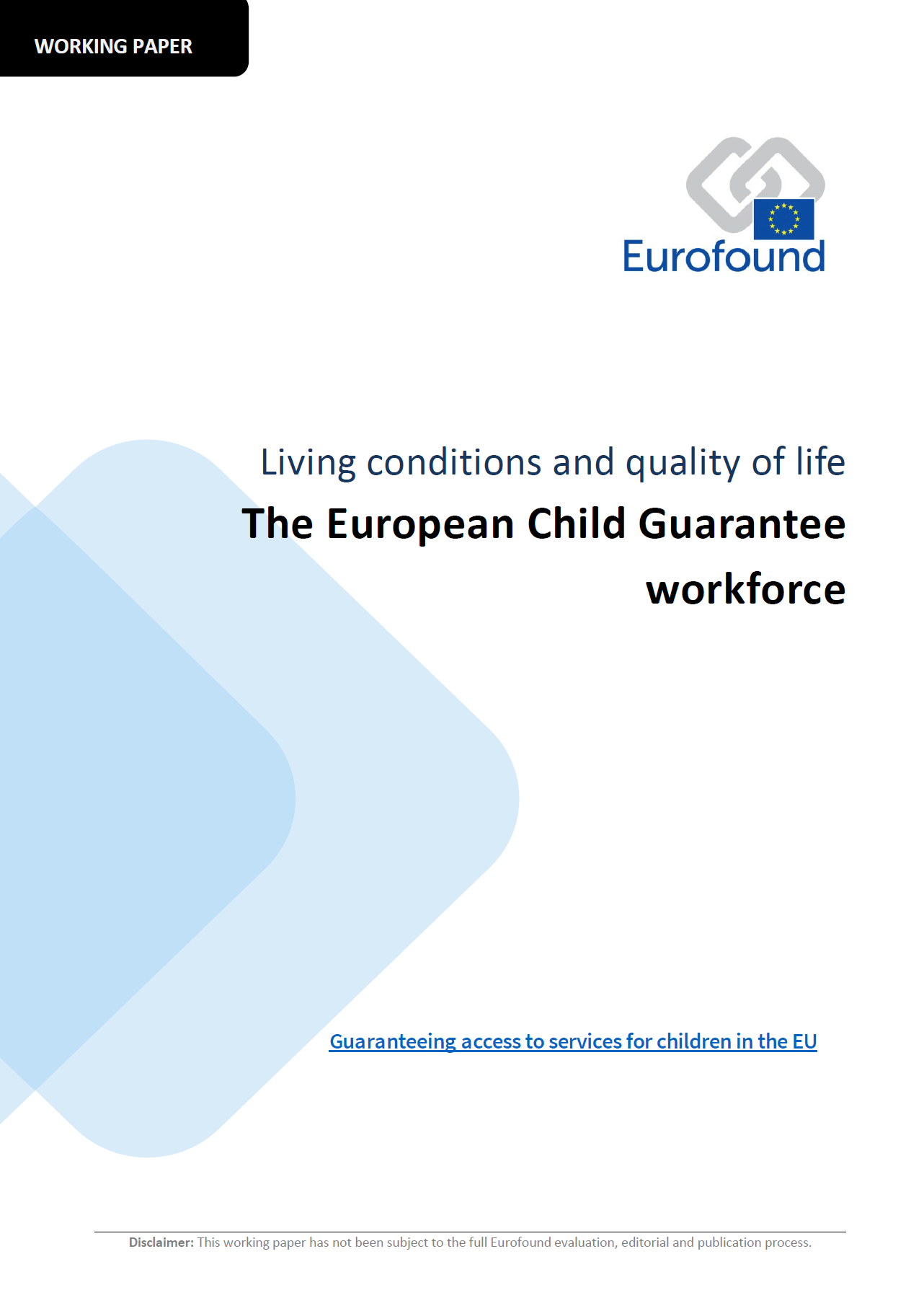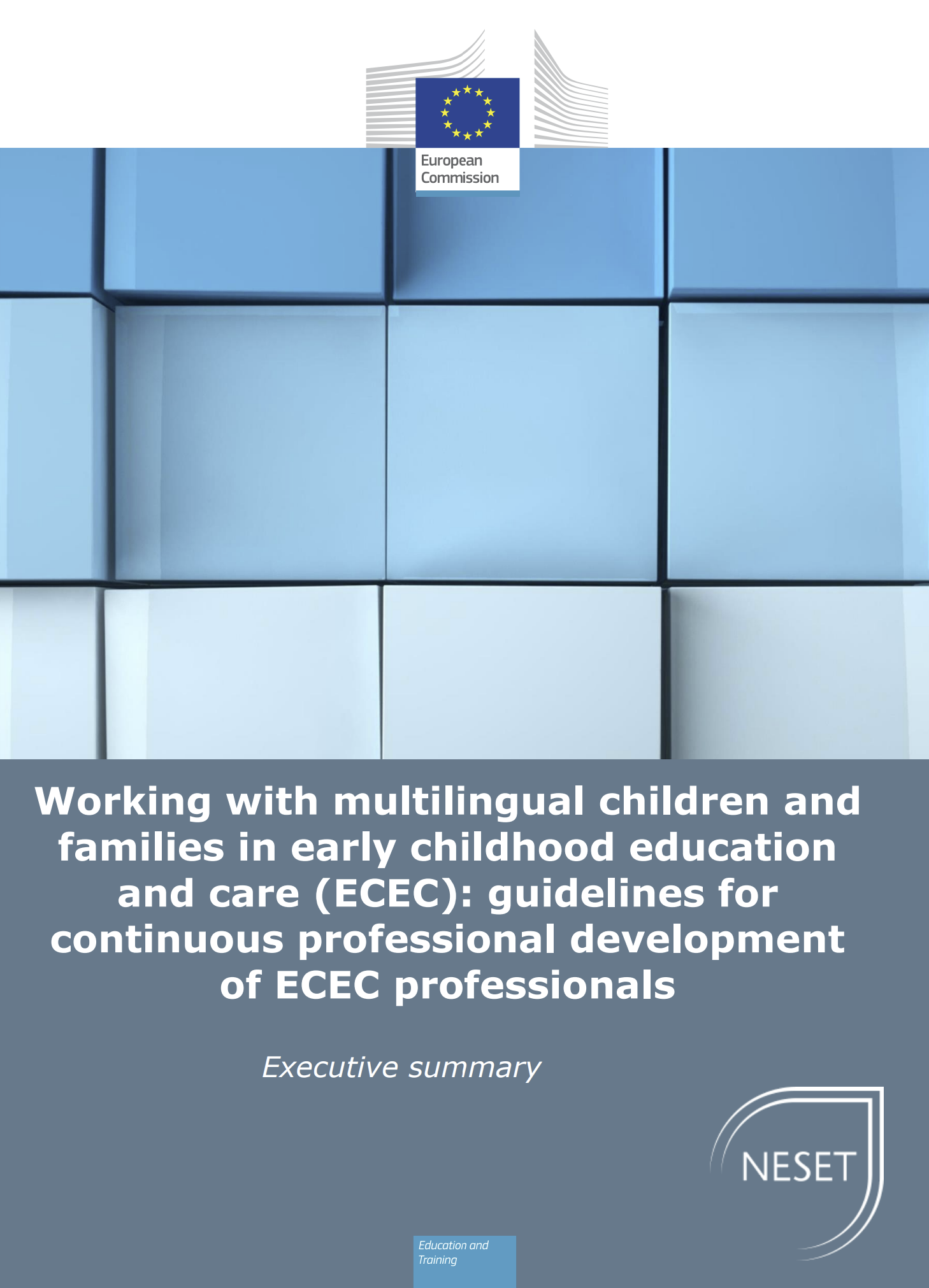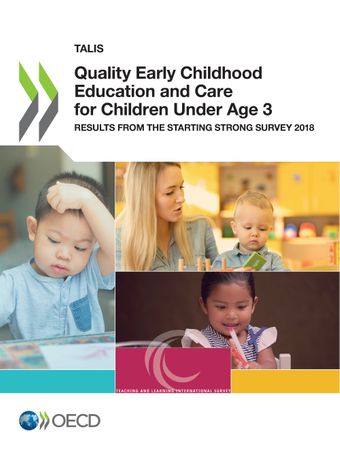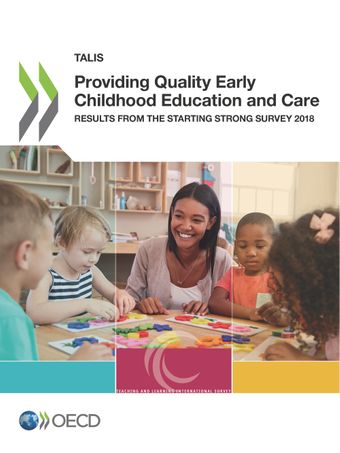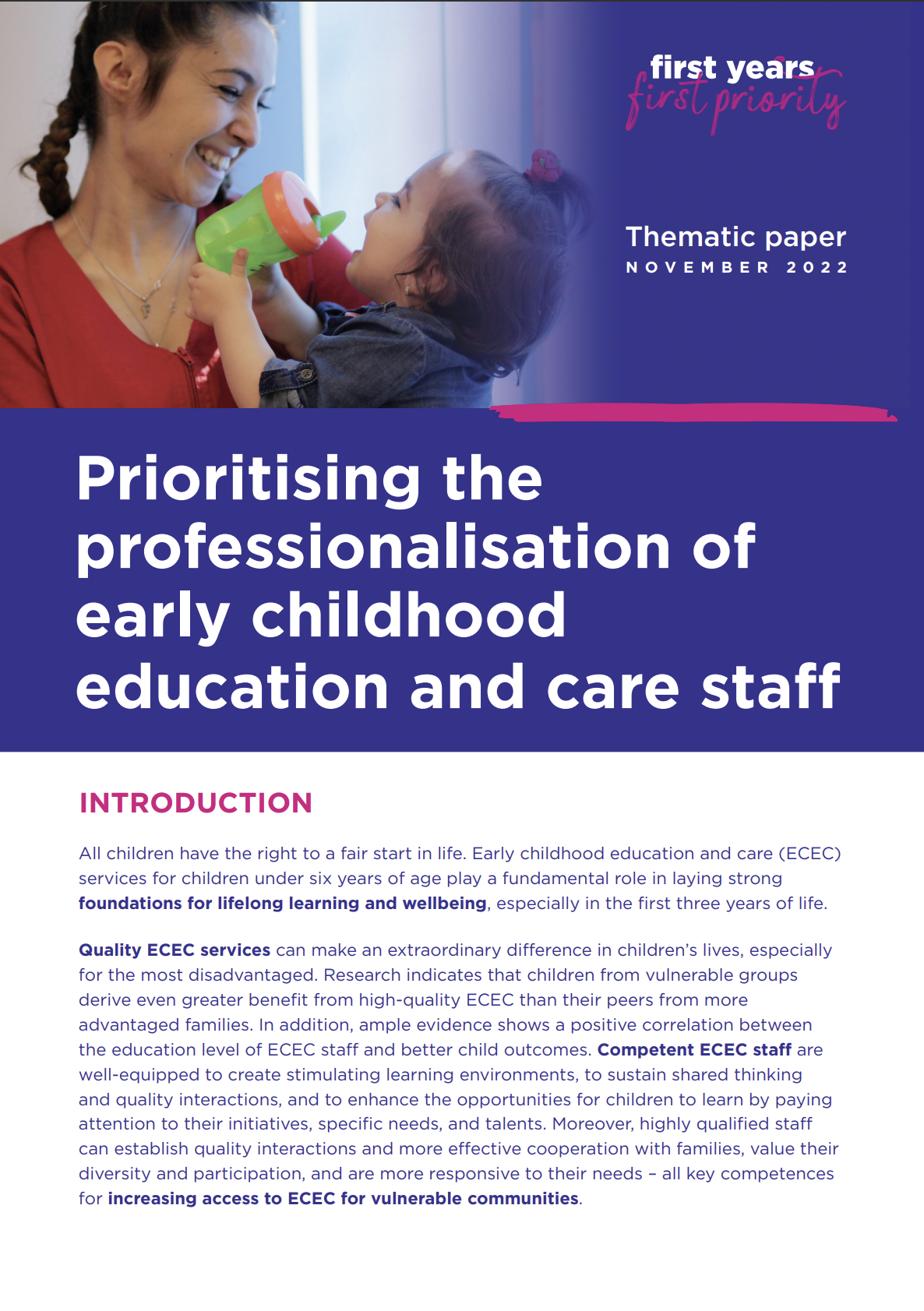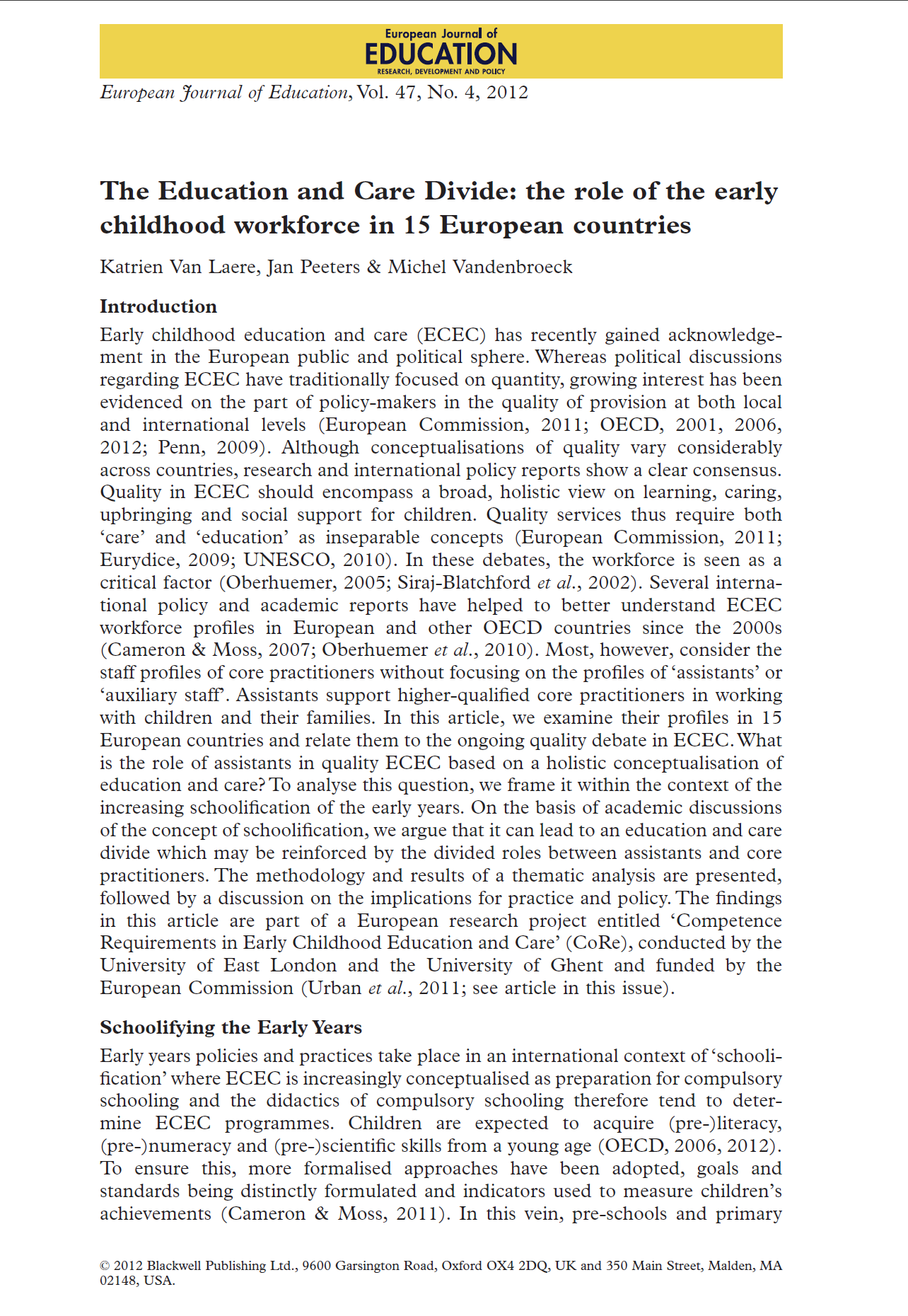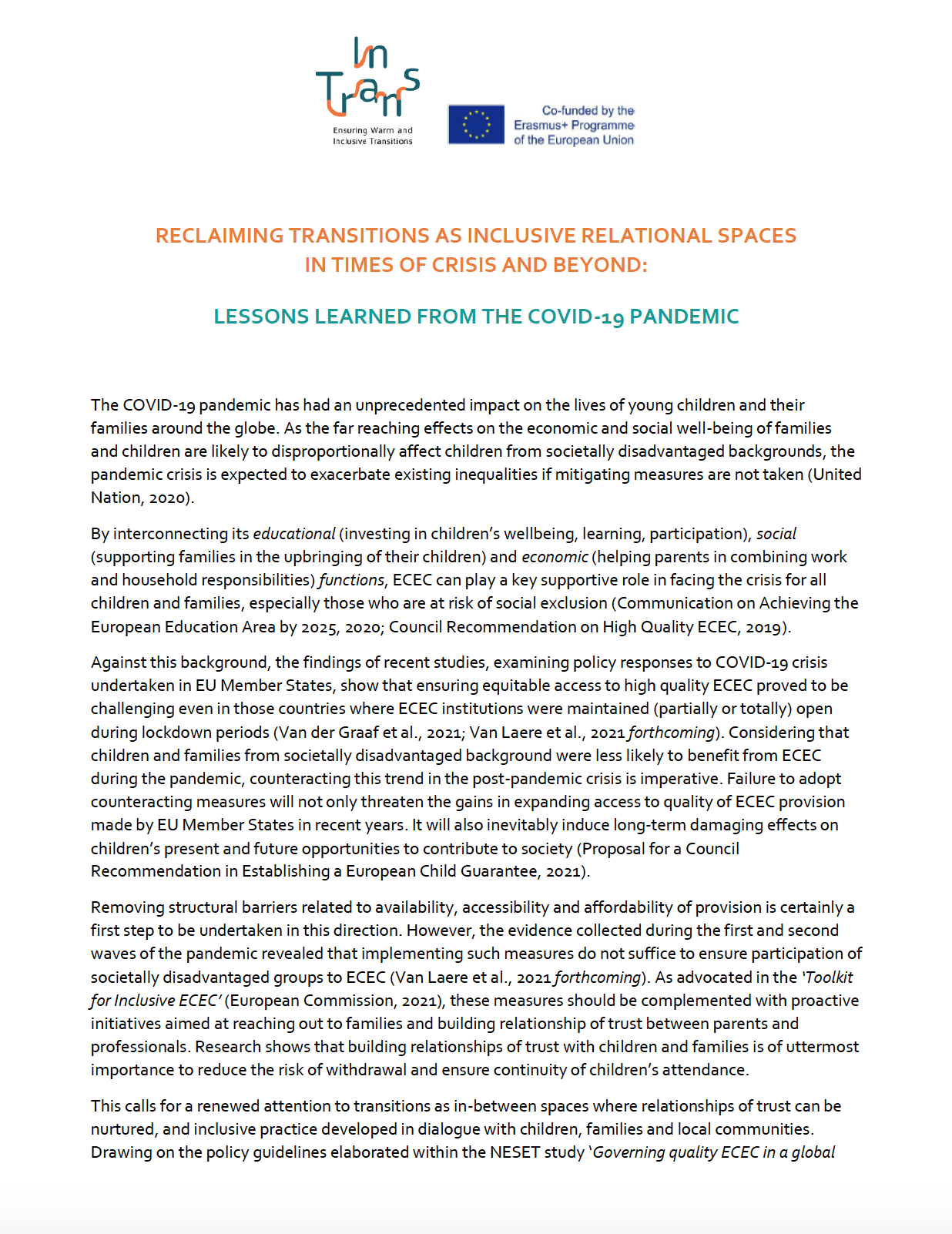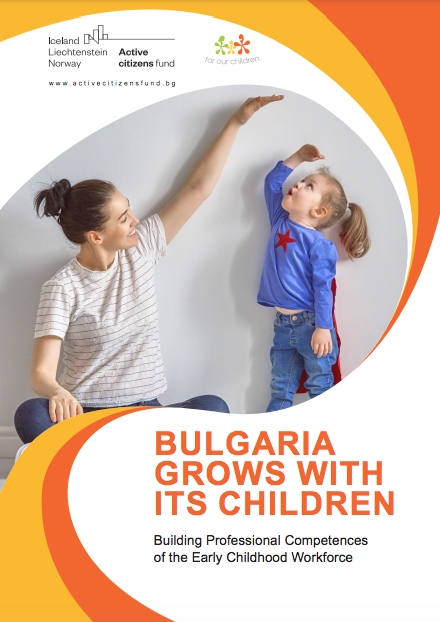Staff shortages in Early Childhood Education and Care (ECEC) - Policy brief
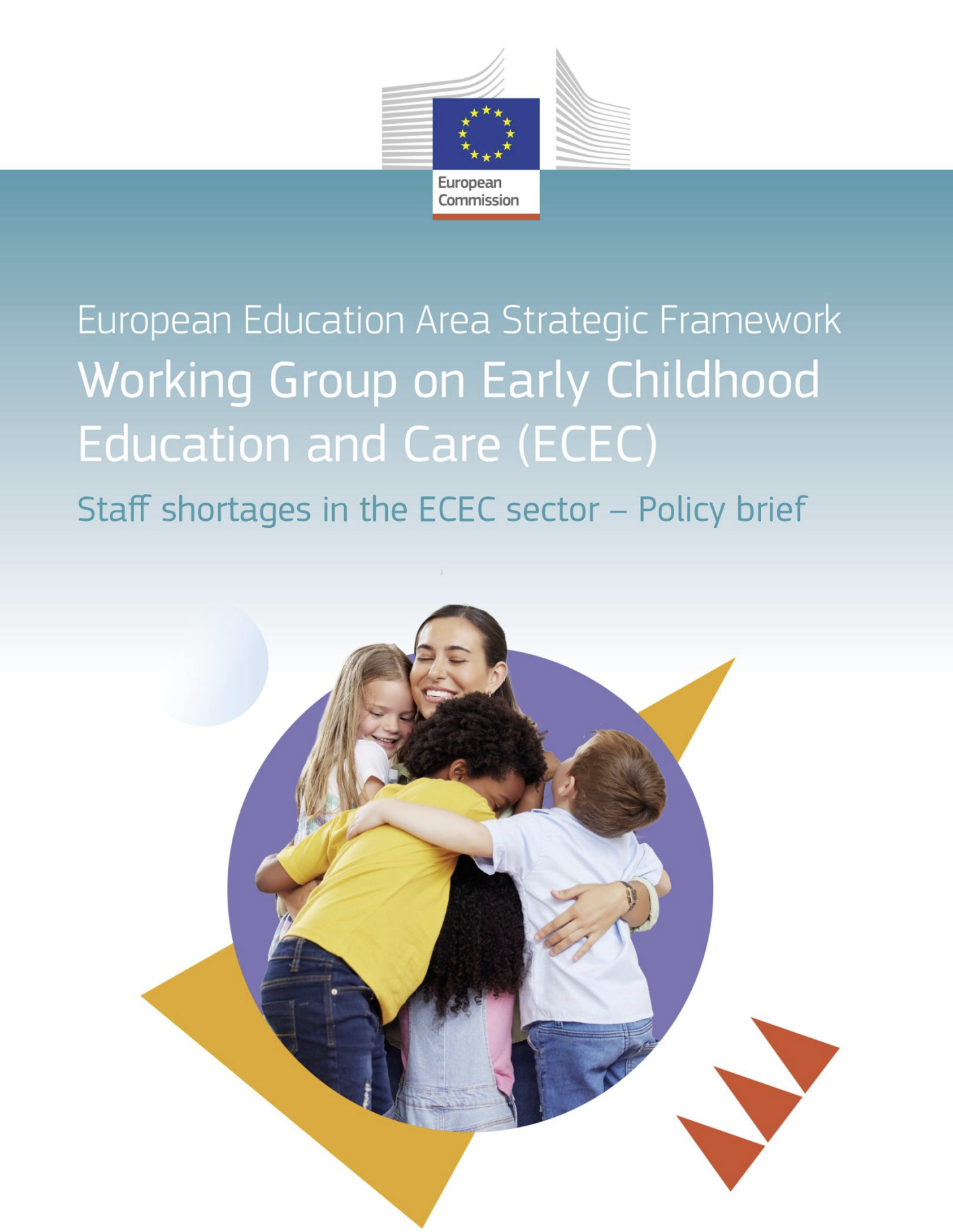
This policy brief presents the causes and consequences of ECEC staff shortages as well as possible measures to address these shortages.
Within the context of the European Education Area (EEA) strategic framework, the working group on early childhood education and care (ECEC WG) supports EU members states to implement the European Quality Framework for ECEC, which is a key part of the 2019 Council Recommendation on High-Quality ECEC Systems. Throughout 2022-2023, the ECEC WG has been focusing on the monitoring and evaluation (M&E) of quality in ECEC. This topic is one of the five pillars supporting the provision of quality. In addition, the group discusses a number of topics related to the organisation and the quality of the ECEC sector, such as staff shortages or providing support to Ukrainian refugees.
Authors: Year of Publication:2023
op.europa.eu

